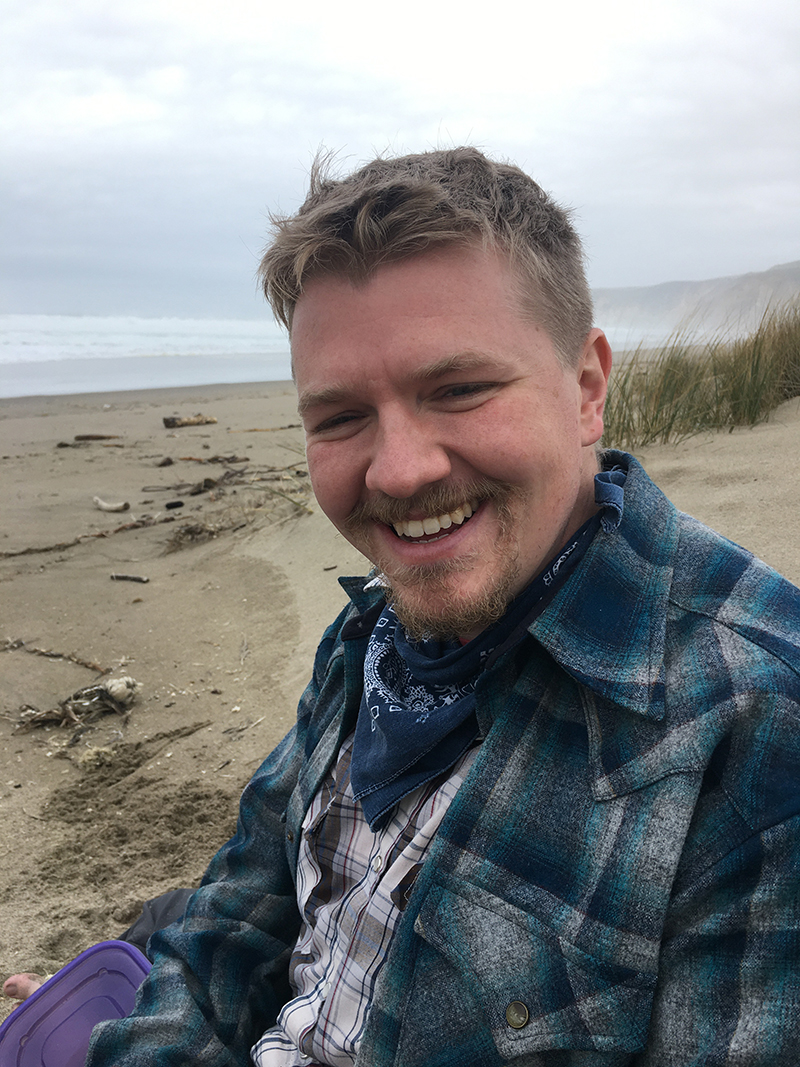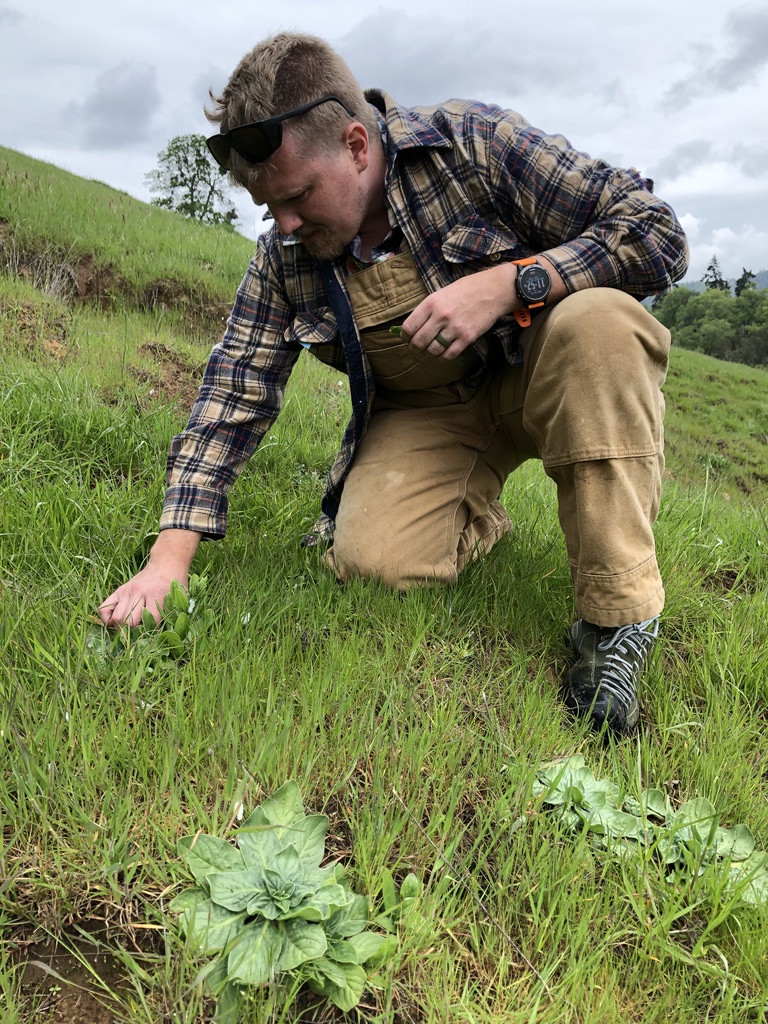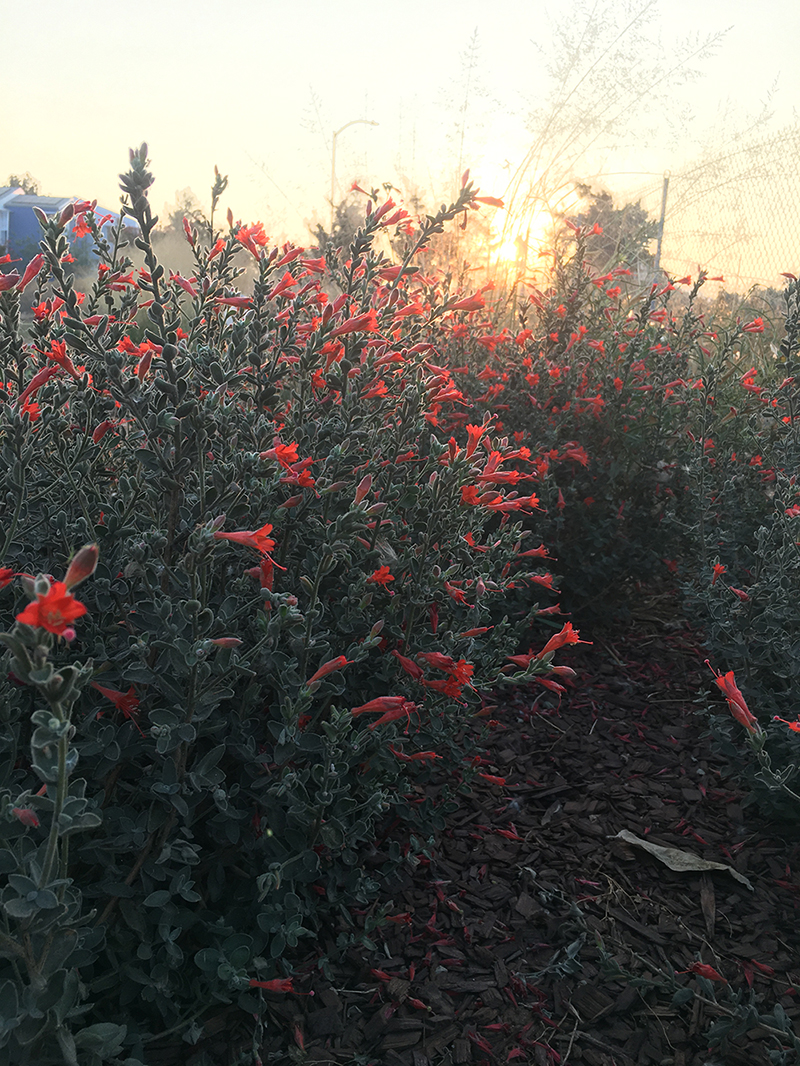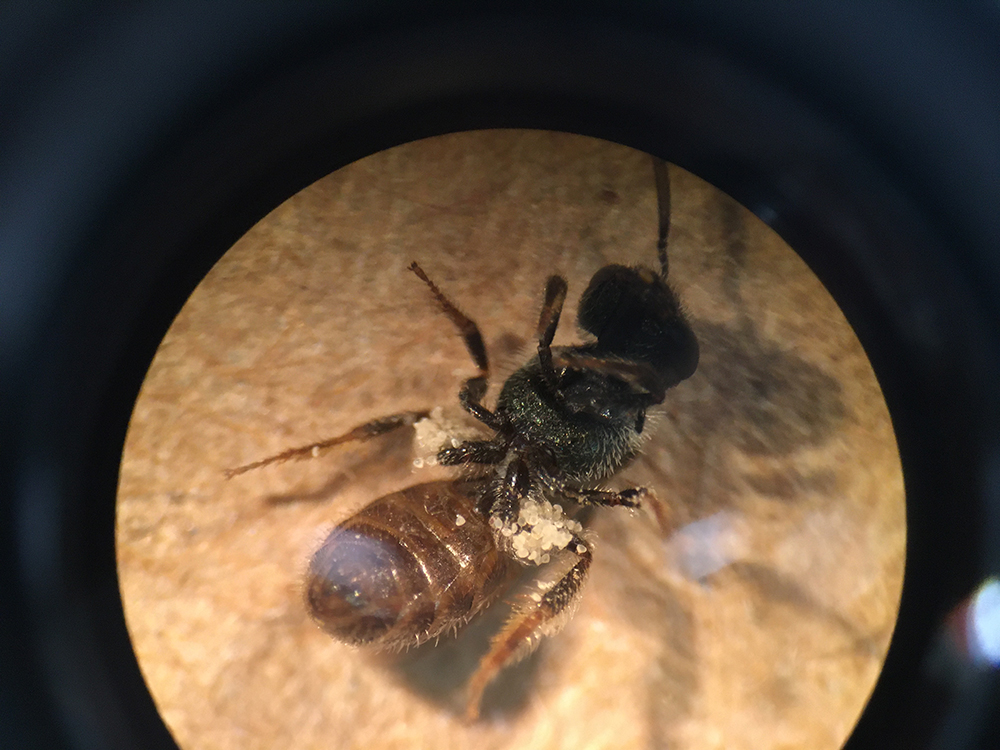

Education
Research Interests
|
|
My research program examines how organisms’ traits modulate the costs and benefits of ecological interactions and structure of biological communities. Using a combination of lab, modeling, and field-based experiments with flowering plants, pollinators (primarily native bees), and associated microbes, we’ve shown that the nutritional quality and toxic-chemical content of pollen and nectar produced by flowers affect pollinator behavior in unexpected ways that shape community level competition for pollinators. Additionally, our work has helped uncover the critical role of pollinator foraging decisions in floral microbiome assembly, emphasizing the importance of dispersal limitation in this microbial community. Currently we are working in local, south florida ecosystems to understand how plant-pollinator network structure predicts plant microbiomes, and how environmental changes impact these relationships.


